Oxygen Concentrator Supplies Shop Articles
-
 May 7, 2025When you require a reliable supply of oxygen while away from home, you need a dependable portable oxygen concentrator. Fortunately, most portable oxygen concentrators offer long-lasting batteries for hours of oxygen delivery. If you’re planning a long road trip or are traveling internationally, here are some tips for selecting a portable oxygen concentrator that provides battery endurance duri...
May 7, 2025When you require a reliable supply of oxygen while away from home, you need a dependable portable oxygen concentrator. Fortunately, most portable oxygen concentrators offer long-lasting batteries for hours of oxygen delivery. If you’re planning a long road trip or are traveling internationally, here are some tips for selecting a portable oxygen concentrator that provides battery endurance duri... -
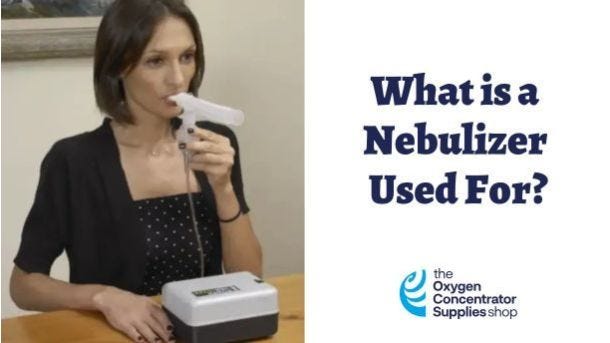 April 24, 2025
April 24, 2025What Is a Nebulizer Used For?
We tend to think of air pollution as smokestacks and car exhaust, but indoor air can be just as worrisome as the air outside. Indoor air pollutants are often 2 to 5 times higher than outdoor air.¹ Taking steps to make air cleaner at home is essential for all of us, but improving air quality indoors is especially important for individuals managing respiratory illness.
-
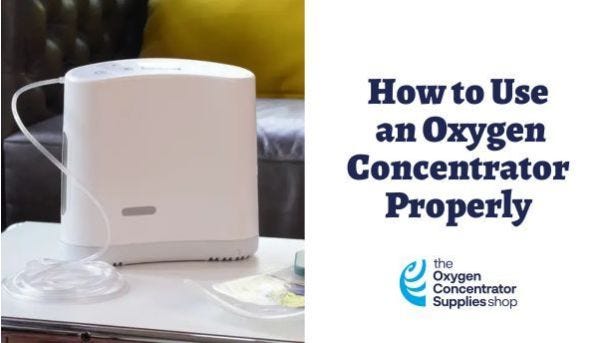 April 14, 2025
April 14, 2025How to Use an Oxygen Concentrator Properly
We tend to think of air pollution as smokestacks and car exhaust, but indoor air can be just as worrisome as the air outside. Indoor air pollutants are often 2 to 5 times higher than outdoor air.¹ Taking steps to make air cleaner at home is essential for all of us, but improving air quality indoors is especially important for individuals managing respiratory illness.
-
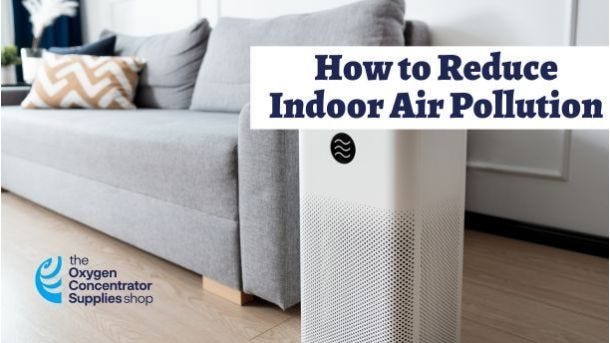 April 10, 2025
April 10, 2025How To Reduce Indoor Air Pollution
We tend to think of air pollution as smokestacks and car exhaust, but indoor air can be just as worrisome as the air outside. Indoor air pollutants are often 2 to 5 times higher than outdoor air.¹ Taking steps to make air cleaner at home is essential for all of us, but improving air quality indoors is especially important for individuals managing respiratory illness.
-
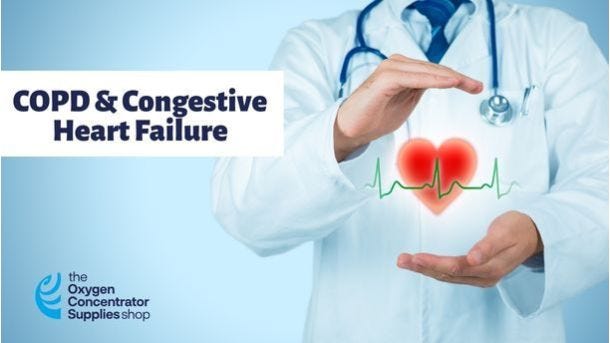 April 3, 2025
April 3, 2025Congestive Heart Failure And COPD - How Are They Linked?
COPD and congestive heart failure are related. Many patients with COPD may experience congestive heart failure related to the left or right side of the heart. Low oxygen levels from COPD can dramatically affect the heart and puts COPD patients at greater risk.
-
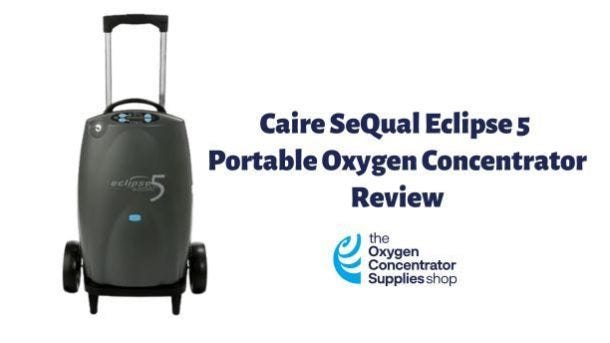 March 26, 2025
March 26, 2025Caire SeQual Eclipse 5 Portable Oxygen Concentrator
The need for oxygen shouldn’t limit your active lifestyle. The Caire SeQual Eclipse 5 Portable Oxygen Concentrator provides a regular supply of oxygen for an active lifestyle. Key Features of SeQual Eclipse 5 Portable Oxygen Concentrator https://www.youtube.com/watch?v=4BCle4aXthQ The Caire SeQual Eclipse 5 features continuous flow settings from 0.5 LPM to 3.0 LPM and 9
-
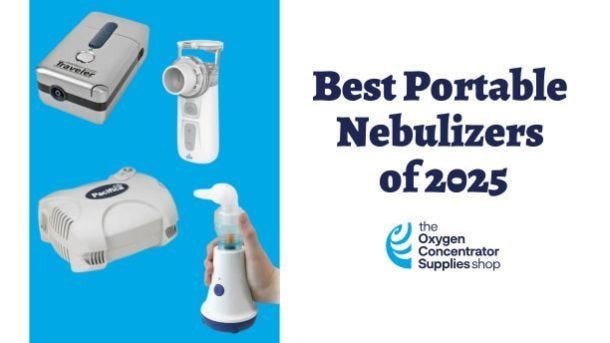 March 19, 2025
March 19, 2025Best Portable Nebulizers Of 2025
Nebulizers help manage respiratory illnesses to prevent attacks or increased severity of the illness. Portable nebulizers allow users to take their treatments on the go so their lifestyle is not limited by their respiratory illness. We have reviewed some of the best portable nebulizers on the market to find which brands provide the most benefits to patients. Our experts have looked at key features from preferred devices and have selected the best portable nebulizers of 2022.
-
 March 13, 2025
March 13, 2025Relationship Between COPD and Allergies
Chronic obstructive pulmonary disease (COPD) is a group of lung diseases that includes emphysema and chronic bronchitis. COPD can block airflow and make it hard for patients to breathe. Symptoms of COPD include shortness of breath and a chronic cough. People with this condition can also have other breathing health issues including asthma or allergies. These respiratory conditions can worsen the symptoms of COPD.
-
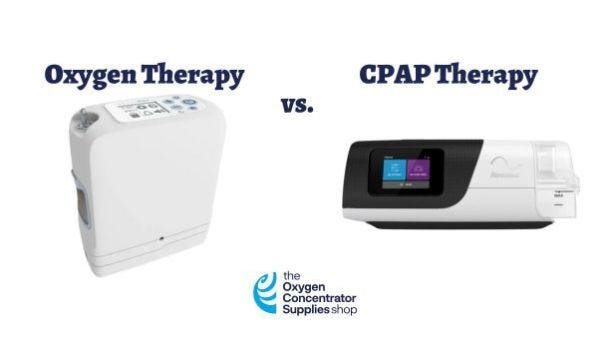 March 6, 2025
March 6, 2025Difference Between Oxygen Therapy and CPAP Therapy
Oxygen and CPAP therapy are both prescribed to treat breathing disorders. Just because a patient needs one, however, does not mean they require both. It is important to understand the difference between oxygen therapy and CPAP therapy. What Is Oxygen Therapy? Oxygen therapy is prescribed by doctors when a patient’s lungs cannot fully process oxygen on their own. Oxygen therapy helps ... -
 February 18, 2025
February 18, 2025Benefits of Buying Oxygen Concentrators Online
For those who require home oxygen therapy, purchasing an oxygen concentrator online is easier than ever. You no longer have to go to medical supply stores, schedule deliveries, or even make decisions based on whether or not your insurance is accepted. Online retailers, such as the Oxygen Concentrator Supplies Shop, simplify the buying process and providing customers with a positive experie... -
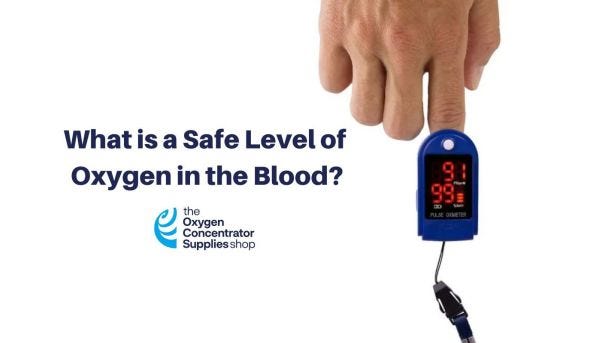 February 5, 2025
February 5, 2025When Is Supplemental Oxygen Prescribed to a COPD Patient?
Firstly, blood oxygen levels are the amount of oxygen circulating in the blood. Moreover, oxygen is needed to nourish all the cells in the body and the blood acts as the primary means of delivering oxygen to the cells from the lungs. Therefore, low oxygen levels in the blood can lead to health issues, which is why monitoring your blood oxygen level is critical to good health. What... -
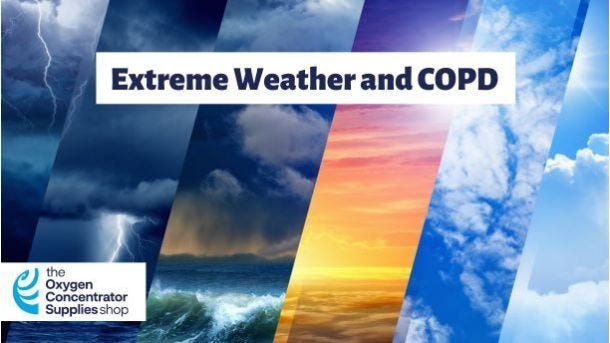 January 29, 2025
January 29, 2025Extreme Weather and COPD
While we all have our seasonal weather preferences, people with chronic obstructive pulmonary disease (COPD) have extra reason to follow weather forecasts. Extreme temperatures, humidity levels and even passing thunderstorms all can cause COPD symptoms to flare. Understanding how weather can trigger your symptoms — and how to reduce your risks — are important steps in staying healthy in all kinds of weather.


